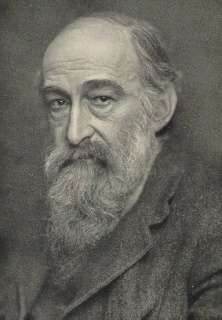A Quote by Samuel Alexander
The perceptive act is a reaction of the mind upon the object of which it is the perception.
Quote Topics
Related Quotes
Perception without the perceiver in meditation is to commune with the height and depth of the immense. This perception is entirely different from seeing an object without an observer, because in the perception of meditation there is no object and therefore no experience. can, however, take place when the eyes are open and one is surrounded by objects of every kind. But then these objects have no importance at all. One sees them but there is no process of recognition, which means there is no experiencing.
In contrast to revenge, which is the natural, automatic reaction to transgression and which, because of the irreversibility of the action process can be expected and even calculated, the act of forgiving can never be predicted; it is the only reaction that acts in an unexpected way and thus retains, though being a reaction, something of the original character of action.
Know that for the human mind there are certain objects of perception which are within the scope of its nature and capacity; on the other hand, there are, amongst things which actually exist, certain objects which the mind can in no way and by no means grasp: the gates of perception are closed against it.
Perception without the word, which is without thought, is one of the strangest phenomena. Then the perception is much more acute, not only with the brain, but also with all the senses. Such perception is not the fragmentary perception of the intellect nor the affair of the emotions. It can be called a total perception, and it is part of meditation.
Memory is therefore, neither Perception nor Conception, but a state or affection of one of these, conditioned by lapse of time. As already observed, there is no such thing as memory of the present while present, for the present is object only of perception, and the future, of expectation, but the object of memory is the past. All memory, therefore, implies a time elapsed; consequently only those animals which perceive time remember, and the organ whereby they perceive time is also that whereby they remember.
The facts which our senses present to us are socially performed in two ways: through the historical character of the object perceived and through the historical character of the perceiving organ. Both are not simply natural; they are shaped by human activity, and yet the individual perceives himself as receptive and passive in the act of perception.




































